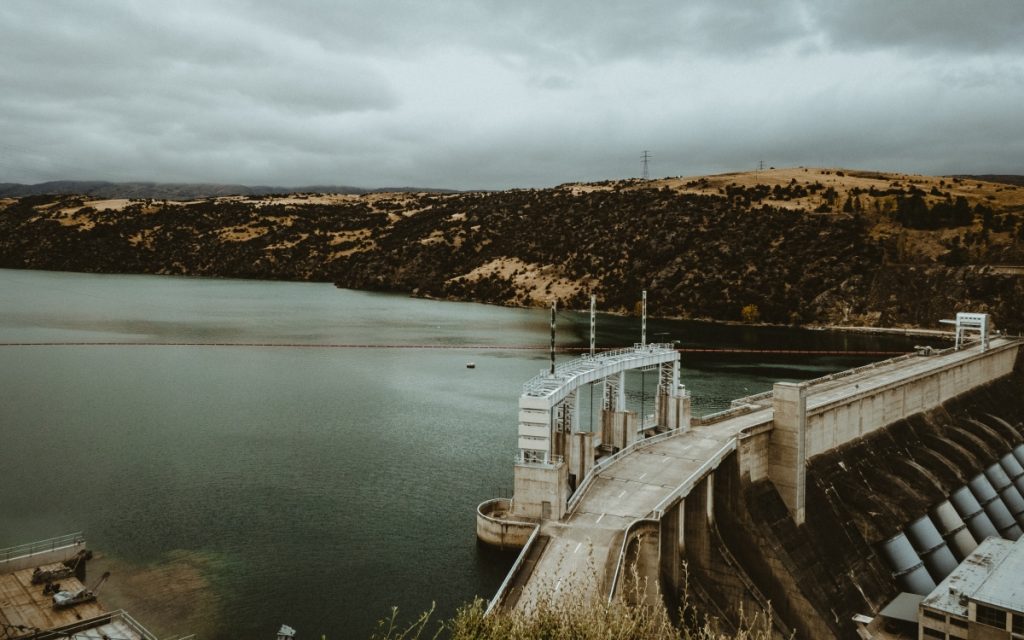Espinosa Apráez, B.*, Lavrijssen, S. “Exploring regulatory barriers for the use of Data-Driven Innovation in the management of key infrastructures”
The paper “Exploring regulatory barriers for the use of Data-Driven Innovation in the management of key infrastructures” (Espinosa Apráez, B.*, Lavrijssen, S.) will be presented at the 7th Conference on the Regulation of Infrastructures (21-22June, 2018).
ABSTRACT
The rise of Big Data has become a driver of innovation in multiple sectors in the recent years. The management of infrastructure employed for key services – such as water, energy and transport- is one of the fields that may benefit from the use of certain types of Data-Driven Innovation (DDI), like smart meters, sensors, Internet of Things and artificial intelligence, to name a few. This type of innovation allows to obtain improved information about structural assets and their surroundings, resulting in better decision-making by the infrastructure managers, which in turn contributes to the achievement of public values related to the aforesaid services, such as reliability, affordability, safety and sustainability.
However, the introduction of DDI for infrastructure management gives rise to questions regarding the adequacy of current regulatory frameworks to account for the new possibilities enabled by technology, evidencing, among other issues, the existence of gaps in regulations. Regulatory gaps are critical in the context of the management of infrastructures used in highly regulated sectors such as energy, water and transport, and they might become a barrier for reaping the advantages offered by DDI.
This study is an exploratory exercise to understand why regulatory gaps may become evident when introducing DDI for the management of infrastructure. The paper employs the concept of ‘regulatory disconnection’ as a theoretical framework and analyzes the possibility of introducing smart water meters in the Netherlands as an example of a DDI that currently encounters regulatory gaps.
It is concluded that DDI, as a technological development, might enable new possibilities of action that are not duly acknowledged in existent regulatory frameworks, revealing the need to create or adjust rules to facilitate further development and adoption of this type of innovation, and control its potential risks.
The presentation is available here.
ABOUT THE AUTHORS
Brenda Espinosa is a Ph.D. Candidate working as Researcher at the Tilburg Law and Economics Center (Tilburg University) in the Netherlands. She holds a Master’s degree (LLM) in International Business Law (Cum Laude) from the same University, and a law degree from Universidad Externado de Colombia, her country of origin. Espinosa’s professional experience combines practicing as corporate lawyer at law firms and a large multinational company, with academic positions involving research and teaching. During her career, she has conducted research on different regulatory topics related to telecommunications, consumer protection, digital social innovations and more recently, for her Ph.D. research, she engaged in a long-term project (LONGA VIA -NGInfra program) facilitated by the Netherlands Organization for Scientific Research (NWO in Dutch), to investigate legal and regulatory barriers for the implementation of data driven innovations in key infrastructure sectors in the Netherlands.
Saskia Lavrijssen is Professor of Economic Regulation and Market Governance of Network Industries at Tilburg University. Lavrijssen specializes in the regulation of the infrastructure sectors, such as the energy and water sectors. Before her appointment at Tilburg University, Lavrijssen was professor of Consumer and Energy Law at the University of Amsterdam after having worked as an associate professor of Public Economic Law at Utrecht University. She has been teaching at Tilburg Law School since April 2014 as associate professor. Lavrijssen has published many international and national articles on the regulation of infrastructure sectors.
Lavrijssen has a good record in cooperating with various stakeholders (public authorities, NGOs and business partners) in performing her research, including consumers and user organizations and infrastructure companies. In 2016 she co-authored an international study on the Changing World of the DSOs on behalf of the Centre for Regulation in Europe. She has contributed to the development of the National Science Agenda “Energy Transition”. In June 2017 she participated as an expert in the OECD Competition Committee Working Party No. 2 “Hearing on radical innovation in the electricity sector”. The same year she also received a long term research grant from the Dutch funding institution NWO (NGInfra programme) to investigate legal challenges for the implementation of data driven innovations in the infrastructure sectors.
*presenting author







